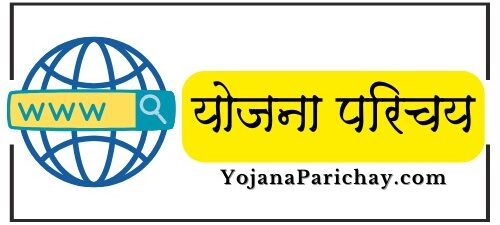Krishak Bandhu Scheme, launched in 2019 by the West Bengal Department of Agriculture, is a flagship initiative aimed at empowering the state’s vital farming community. This scheme offers a much-needed helping hand to farmers by providing financial assistance and social security. In this comprehensive blog post, we’ll delve deep into the Krishak Bandhu Scheme, exploring its objectives, benefits, eligibility criteria, application process, and its overall impact on West Bengal’s agriculture sector.
What is Krishak Bandhu Scheme?
The Krishak Bandhu Scheme was created with two main goals in mind:
Providing Guaranteed Income Support: Farming is an inherently dangerous occupation. Unpredictable weather patterns, pests, and illnesses all have an influence on crop output. The Krishak Bandhu Scheme seeks to alleviate these risks by providing financial help to farmers. This guaranteed income acts as a safety net, allowing farmers to cover their basic necessities while investing in agricultural inputs during the pre-production period.
Social Security for Farm Families: The system acknowledges farm families’ fragility in the tragic case of a farmer’s death. The Krishak Bandhu Death Benefit component provides a one-time financial award to the family, giving much-needed assistance during this difficult time.
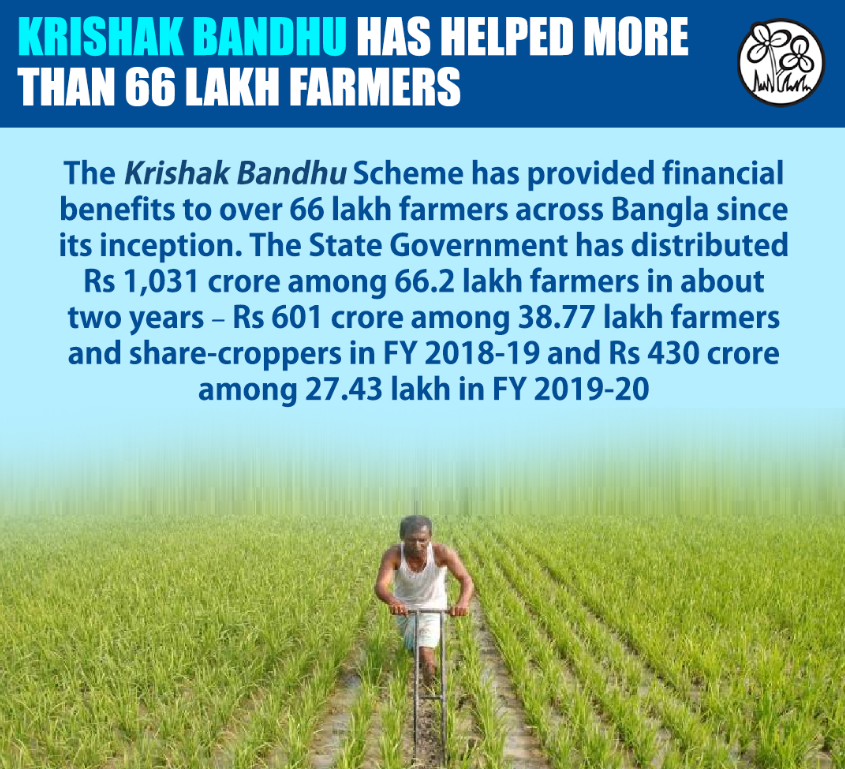
Benefits of Krishak Bandhu Scheme
The KBS offers a range of tangible benefits to registered farmers in West Bengal. Let’s explore these benefits in detail:
- Financial Assistance: The scheme provides financial assistance of ₹10,000 per year (as of May 2024). This amount is disbursed in two equal installments of ₹5,000 each, coinciding with the Kharif and Rabi seasons.
- Support for Small Landholders: The scheme caters to farmers with landholdings of all sizes. Even farmers with land less than one acre are eligible for assistance on a pro-rata basis, with a minimum guaranteed support of ₹4,000 per year (as of May 2024). This ensures that even small and marginal farmers benefit from the scheme.
- Death Benefit for Families: In the unfortunate event of a farmer’s death between the ages of 18 and 60, the scheme provides a one-time lump sum grant of ₹2 lakh to the bereaved family. This financial support helps families cope with the immediate financial strain and navigate this difficult period.
- Boosting Agricultural Investment: The financial assistance provided under the Krishak Bandhu Scheme can be used by farmers for various agricultural activities. This can include purchasing seeds, fertilizers, pesticides, and other essential inputs. This, in turn, can result in higher crop yields and overall agricultural production.
- Enhancing Farmer Livelihoods: By providing a financial safety net and additional income, the Krishak Bandhu Scheme empowers farmers to improve their livelihoods. This financial security allows them to invest in their farms, send their children to school, and access better healthcare facilities.
Objectives of the Krishak Bandhu Scheme.
West Bengal’s farmers rely heavily on the Krishak Bandhu Scheme. However, its relevance extends beyond just giving financial assistance. Let us go more into the two key goals that motivate this initiative:
1. Increasing Financial Security and Mitigating Risk:
- Unpredictability of Agriculture: Farming is an inherently dangerous job. Erratic weather patterns, pests, and illnesses can all have a substantial influence on agricultural output. This frequently causes financial difficulties for farmers, endangering their capacity to satisfy basic necessities and invest in their operations.
- The Krishak Bandhu Scheme offers a guaranteed yearly income of ₹10,000 (as of May 2024), serving as a safety net. This financial aid serves as a safety net, minimizing the hazards involved with agricultural output.
- Investment in the Pre-Production Stage: The guaranteed income enables farmers to invest in critical pre-production activities. This may involve acquiring high-quality seeds, fertilizers, and other necessary inputs. These investments are crucial to increasing agricultural yields and farm production.
- Reduced Debt Burden: The scheme’s financial security can assist farmers minimize their reliance on moneylenders and avoid debt traps. This allows them to make more informed financial decisions and invest in sustainable agriculture techniques.
2. Strengthening Social Security for Farm Families:
- Farm Families Are Vulnerable: Losing a primary income earner, especially in a farming home, may be devastating. Farm families sometimes lack appropriate social security, making it difficult to deal with such a loss.
- Death Benefit as a Lifeline: The Krishak Bandhu Death Benefit component understands this vulnerability. If a farmer dies between the ages of 18 and 60, the initiative offers a one-time gift of ₹2 lakh to their grieving family.
- Financial Support at a Crisis: This financial support is a lifeline at a tough moment. It assists families in meeting emergency expenses, such as funeral bills and everyday requirements. Furthermore, it gives some financial stability while people make the required changes to their life.
- Promoting Stability and Wellbeing: By providing social security, the Krishak Bandhu Scheme promotes stability and well-being among agricultural households. It enables people to focus on coping with their loss and reconstructing their lives without immediate financial constraints.
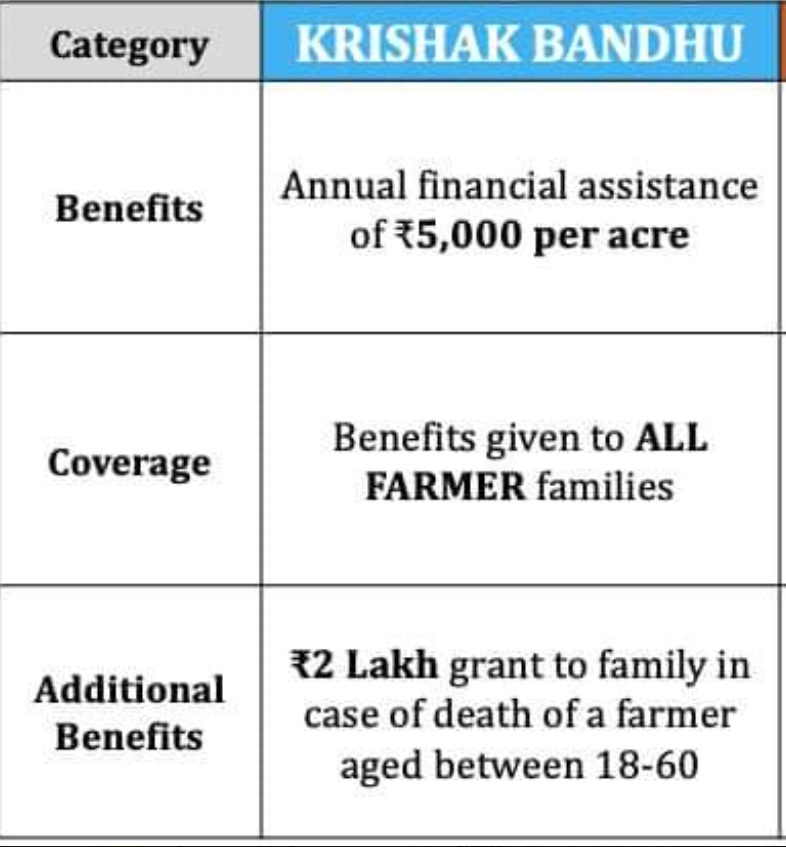
Eligibility Criteria for Krishak Bandhu Scheme
The Krishak Bandhu Scheme assists a wide spectrum of farmers in West Bengal. To guarantee that the scheme’s resources are channeled to those in most need, farmers must fulfill certain qualifying requirements. Let us break down these requirements to determine who can benefit from the KBS.
- The applicant must reside in West Bengal. . This ensures that the scheme’s benefits reach farmers who are actively contributing to the state’s agricultural sector.
- The applicant must be a farmer possessing cultivable land in the state. There are two primary ways to qualify under this criterion:
- Record of Rights (RoR): This document serves as official proof of land ownership. Farmers who possess RoRs for their cultivable land are eligible to apply.
- Recorded Bhagchasi Status: The Bhagchasi system refers to sharecropping arrangements. If a farmer is a registered Bhagchasi on cultivable land and their status is documented in the RoR, they are also eligible to apply for the Krishak Bandhu Scheme.
- The eligibility criteria for the Krishak Bandhu Scheme differ slightly depending on the specific benefit being sought:
- Krishak Bandhu (Assured Income Support): This component is applicable to farmers between the ages of 18 and 60 years. This age range targets the primary working population engaged in active farming.
- Krishak Bandhu (Death Benefit Scheme): There is no upper age limit for availing the death benefit scheme. As long as the deceased farmer falls within the 18-60 age bracket, their nominated family members can claim the one-time grant.
Documents Required for Krishak Bandhu Scheme
The Krishak Bandhu Scheme application process is currently facilitated offline through your local Gram Panchayat office. Here’s a breakdown of the documents you’ll need to submit:
Proof of Identity:
- Aadhaar Card
- Voter ID Card
- Passport
- Driving License
Proof of Address:
A document verifying your residence in West Bengal is mandatory. This could be:
- Ration Card
- Electricity Bill
- Landline Phone Bill (if applicable)
- Any other document with your address officially listed
Land Ownership Documents:
- This is crucial proof of your eligibility as a farmer in West Bengal. You can provide either:
- Record of Rights (RoR): This official document verifies your ownership of cultivable land in the state.
OR
- Bhagchasi Certificate (if applicable): If you are a registered Bhagchasi cultivator on someone else’s land, you’ll need a certificate verifying your Bhagchasi status documented in the land’s RoR.
Bank Account Details:
- Have your bank account information readily available, including your account number and IFSC code. This is necessary for receiving the financial assistance provided under the scheme.
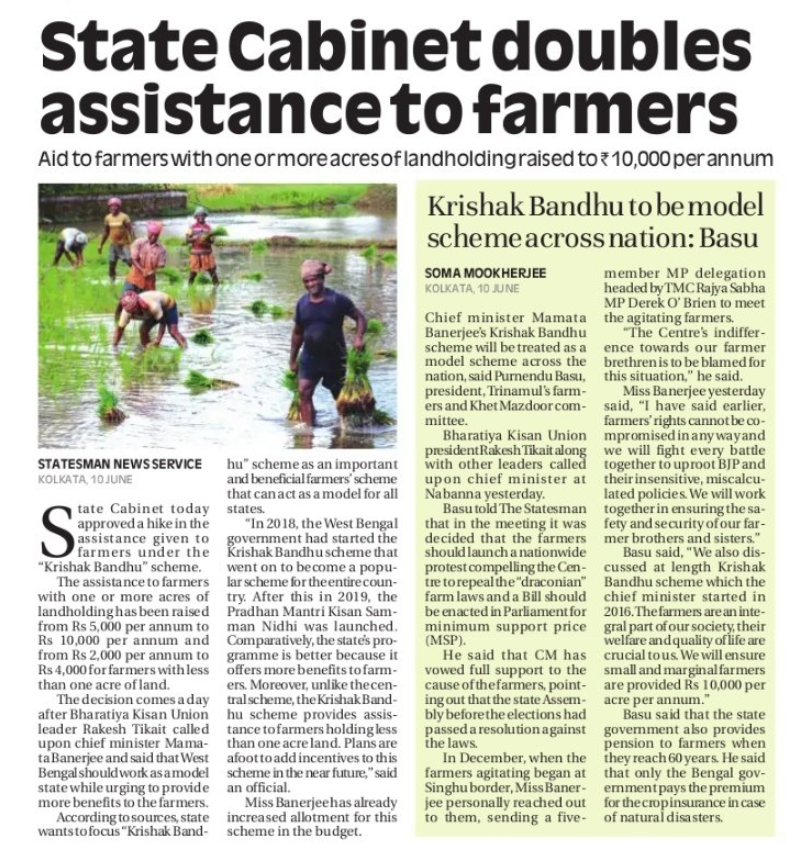
Applying for Krishak Bandhu Scheme: A Step-by-Step Guide
The KBS application process is designed to be accessible, particularly for farmers in rural areas with limited internet connectivity. Here’s a detailed breakdown of the offline application process:
Offline Application Process:
1. Gather Required Documents:
- Ensure you have the following documents in order before initiating the application process:
- Proof of Identity: A valid government-issued ID card like Aadhaar Card, Voter ID, Passport, or Driving License (any one will suffice).
- Address Proof: A document that verifies your residence in West Bengal. This could be a Ration Card, Electricity Bill, Landline Phone Bill, or any other document with your address officially listed.
- Land Ownership Documents: This is crucial proof of your eligibility. You’ll need either:
- Record of Rights (RoR): This official document verifies your ownership of cultivable land in West Bengal.
OR
- Bhagchasi Certificate (if applicable): If you are a registered Bhagchasi cultivator on someone else’s land, you’ll need a certificate verifying your Bhagchasi status documented in the land’s RoR.
- Bank Account Details: Have your bank account information readily available, including your account number and IFSC code. This is necessary for receiving the financial assistance provided under the scheme.
2. Visit Your Local Gram Panchayat Office:
- The KBS application process is facilitated through the Gram Panchayat offices located in each village. Locate your nearest Gram Panchayat office and inquire about the scheme and application procedures. They will be able to provide you with the latest information and any specific requirements applicable in your area.
3. Obtain and Complete the Application Form:
- The Gram Panchayat office will provide you with a Krishak Bandhu Scheme application form. This form will likely be in Bengali, but some offices may offer versions in other languages.Complete the application form correctly and fully. Ensure all sections are filled legibly to avoid any delays in processing your application.
4. Submit the Application Form and Documents:
- Once you’ve completed the application form, attach all the required documents mentioned earlier. Submit the complete application package to the designated official at the Gram Panchayat office. They will verify the documents and ensure everything is in order.
5. Acknowledgement and Verification (Optional):
- Depending on the specific procedures followed by your local Gram Panchayat office, you might receive an acknowledgement slip confirming the receipt of your application. In some cases, authorities may use the Krishak Bandhu mobile app (if internet connectivity allows) to verify your details online.
6. Await Application Processing:
- The Gram Panchayat office will forward your application to the concerned authorities for further processing. The processing time can vary depending on the volume of applications and verification procedures.
7. Application Status Inquiry (Optional):
- While you may not receive real-time updates, you can inquire about your application status by contacting your local Gram Panchayat office after a reasonable timeframe.
Online Application Process:
Registration Process:
- Step 1: Visit the official website at https://bsk.wb.gov.in/register.
- Step 2: Click on “New User? Register Here” and provide your cellphone number and OTP.
- Step 03: On the registration screen, enter the required information (name, email, mobile number, address, password, etc.) and click “Register”. The login information will be emailed to your registered email address or mobile number.
Application Process
- Step 1: Visit the governmental website: https://bsk.wb.gov.in/citizenlogin.
- Step 2: Enter your cell phone number and password and click ‘Login’.
- Step 3: Search for the scheme by name.
- Step 04: On the application page, fill out all of the needed fields and submit the necessary documents in the correct file size and type. You will receive an Application Reference ID once you have successfully submitted your application.
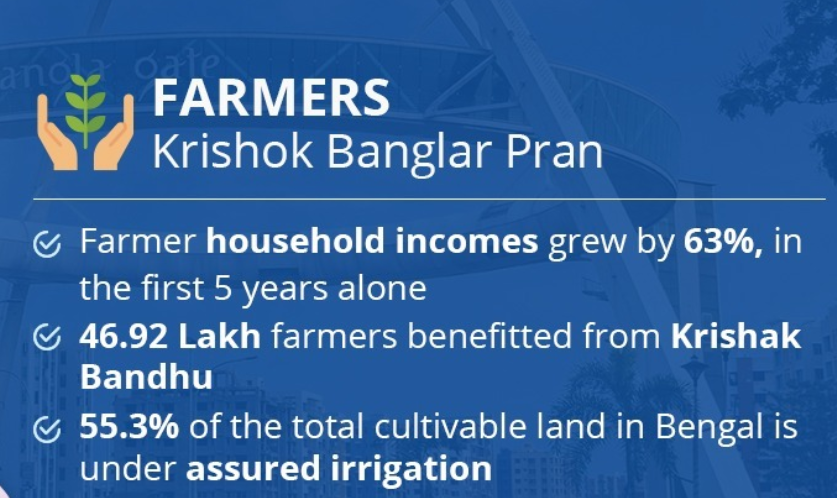
Conclusion :
The Krishak Bandhu Scheme stands as a vital support system for West Bengal’s farmers, offering financial security through assured income and social security through death benefits. By mitigating risks, empowering farmers to invest in their land, and ensuring the well-being of farm families, this initiative serves as a cornerstone for a more robust and sustainable agricultural sector in the state.
Friends, how did you like the information given about Krishak Bandhu Scheme? You can tell us by commenting. If you have any suggestion regarding the article, then you can tell us by commenting. Friends, keep visiting our website https://yojanaparichay.com/ to get updated information related to such government schemes.
Frequently Asked Questions :
Q. What is the Krishak Bandhu Scheme?
A. The Krishak Bandhu Scheme is a West Bengal government initiative that provides financial assistance and social security to farmers in the state.
Q. What are the advantages of the Krishak Bandhu scheme?
A. Financial assistance of ₹10,000 per year (as of May 2024) for farmers with 1 acre or more of land (pro-rata for smaller holdings).
Death benefit of ₹2 lakh to the family of a deceased farmer (aged 18-60).
Q. Where can I find more information about the Krishak Bandhu Scheme?
A. West Bengal Department of Agriculture website: https://wb.gov.in/departments-details.aspx?id=D170907140022669&page=Agriculture
Krishak Bandhu Scheme website: https://krishakbandhu.net/
Q. Who should I contact if I have extra questions?
A. Your local Gram Panchayat office can answer your queries about the Krishak Bandhu Scheme and the application process in your area.
